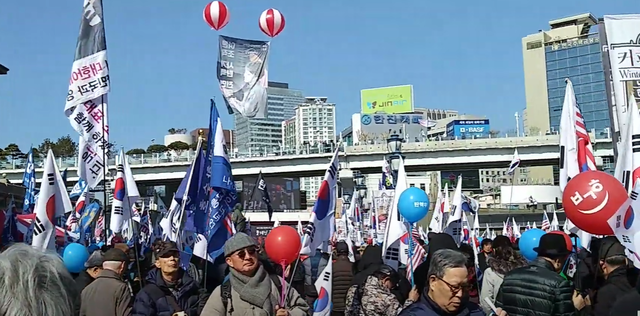The majority of the attendants to the Congress of the Toilers of the Far East held in 1922 were Korean. This reflected how much interest the anti-colonial struggle against Japan put into the newly established Soviet Union, and set out the influence the ideology of communism had upon the Korean independence movement.
But this underground, militant and significant left movement was practically wiped out with the constitution of the South Korean state. The National Security Act, introduced to repress the left wing officer's rebellion in Yeosu and Suncheon, before the outbreak of the Korean War was also used to eliminate and massacre any subversive elements under military decree.
This is why it took several decades, an assassination of the military dictator, and a massacre on the citizens of Gwangju, before Marxist-Leninism was reintroduced as an alternative to both authoritarian developmentalism and liberalism. As students entered the factories to become workers en masse, helping and building up the workers' movement, the formula of activists being trained in the student movement before setting out to intervene in various social movements was set.
This is the legacy of the "long '80s" that one could argue South Korea's contemporary social movements have yet to break out of. This presentation will briefly touch upon the dynamics this legacy affects contemporary social movements, introduce the various movements and important organizations, and lay out what challenges South Korea's social movements are facing.
Speaker: Bori, from Seoul, South Korea, and currently a member of Platform C (two articles translated into English can be found here). Bori is visiting Europe and is keen on meeting activists here.
